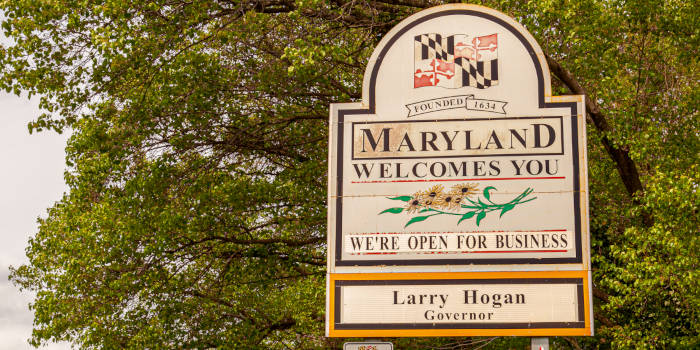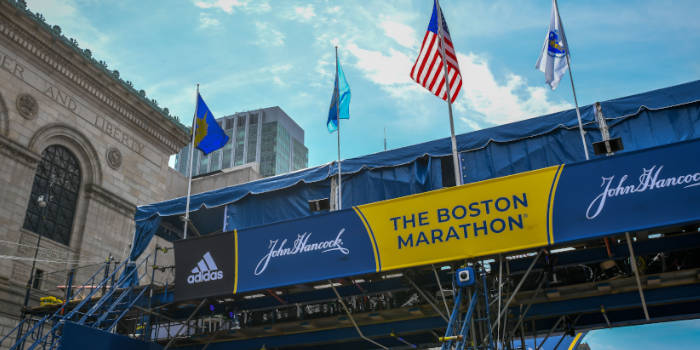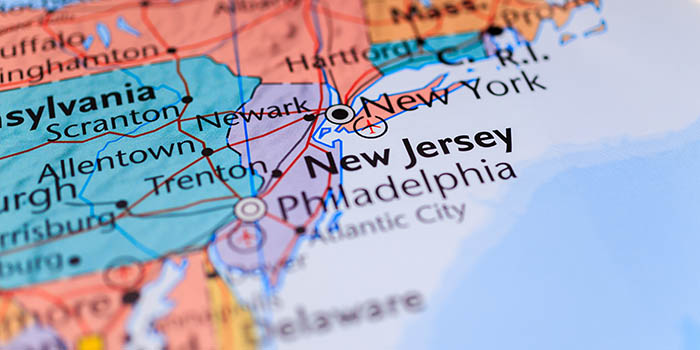Florida’s Gaming Compact with the Seminole Has New Resistance

The Department of the Interior (DoI) is expected to reveal its decision on the gaming compact between Florida lawmakers and the Seminole Tribe of Florida in the next couple of weeks, but how it will respond still isn’t clear. Across the US, when presented with new gaming compacts following the demise of PASPA in 2018, the DoI hasn’t put up a lot of resistance and has approved them relatively quickly. However, pressure is mounting to block this particular effort, and an anti-casino group in Florida has just added more fuel to the fire.
No Casinos Wants No Casinos
No Casinos is an aptly-named anti-casino non-profit in Florida that was founded by then-Governor Reuben Askew in 1977. It has routinely fought to keep gambling from making its way across the state like snowbirds in the winter and has, for the most part, been successful. The group sent a letter to Deputy Assistant Secretary Bryan Newland, requesting that he intervene and block the state’s gambling compact with the Seminole. Newland is President Joe Biden’s nominee for Assistant Secretary for Indian Affairs at the DoI and the letter was reportedly sent earlier this month. However, it wasn’t revealed until now.
Using the same argument Miami Beach Mayor Dan Gelber used when he sent his letter to the DoI, No Casinos argues that the compact violates Amendment 3, a measure approved by state voters in 2018 that gives them full authority over casino decisions in the state. The group’s president, John Sowinski, adds that Amendment 3 was supported by both the Seminole Tribe and the voters and “ensures that Florida voters shall have the exclusive right to decide whether to authorize casino gambling in the State of Florida.” No Casinos isn’t trying to stop the state from working out an agreement with the tribe, but wants to send a “very clear message” to state lawmakers that they have to approve an arrangement that is in line with the “will of Florida voters.”
DoI Position Still Unknown
Florida lawmakers approved the compact Governor Ron DeSantis signed with the Seminole tribe at the end of May. It was then sent to the DoI and the Bureau of Indian Affairs, which has the final say on most matters related to native Indian activity in the US. Per its own policies, the DoI has 45 days from the time it receives a request for approval to issue a decision, which means that the government agency has only about two weeks remaining to step forward.
With pressure mounting to reject the compact, it might be prudent for Governor DeSantis to start exploring other options with the Seminole in preparation of a new compact being needed. Miami Beach’s mayor and No Casinos aren’t the only sources of resistance, and even Florida Representative Randy Fine believes the DoI could rule against the state. The former casino executive and chair of the House Select Committee on Gaming said that he doesn’t think the compact is going to survive, acknowledging that there were problems with the language.
Erik brings his unique writing talents and storytelling flare to cover a wide range of gambling topics. He has written for a number of industry-related publications over the years, providing insight into the constantly evolving world of gaming. A huge sports fan, he especially enjoys football and anything related to sports gambling. Erik is particularly interested in seeing how sports gambling and online gaming are transforming the larger gaming ecosystem.














